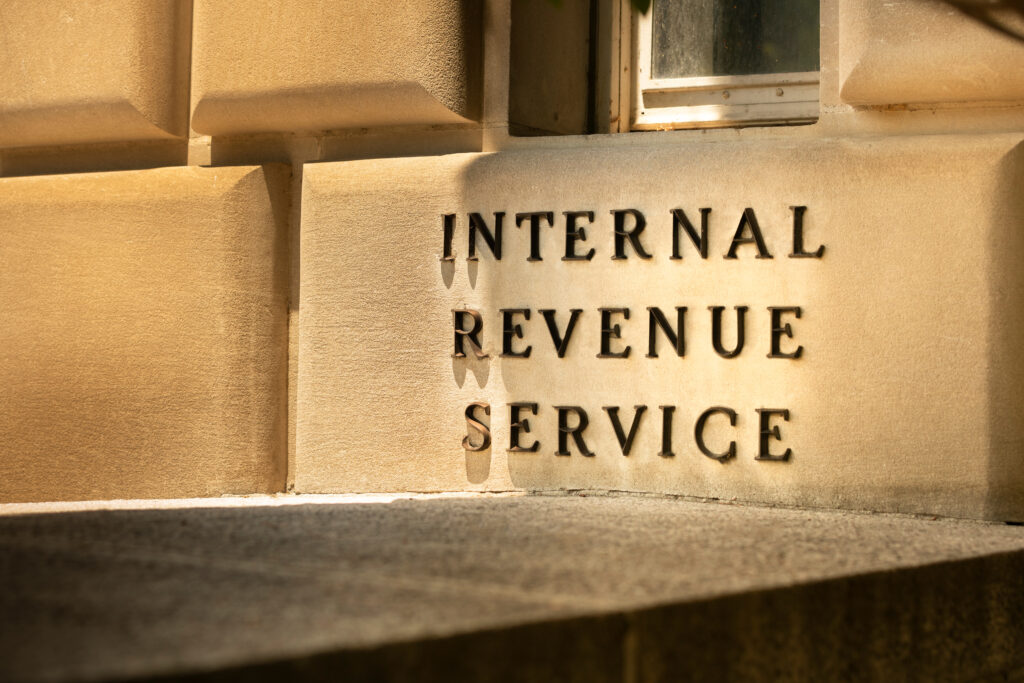How to avoid the pitfalls of self-dealing: a conversation with Stephanie Yan.
When it comes to self-dealing rules, the IRS does not take missteps lightly, and private foundations may face penalties for relatively innocent mistakes. To learn more about this tricky area of grantmaking, I hopped on a Zoom call with (the 2024 version of “grabbed a coffee with”) with an expert in the field back in September.
“The types of transactions that the IRS considers self-dealing seem straightforward, but it’s very easy for foundations to overlook them,” says Stephanie Yan, Managing Director and Private Foundation Practice Leader at GHJ, a full-service national advisory and accounting firm that provides a broad range of audit, accounting, tax, and advisory services.
Transactions that could trip a wire with the IRS (section 4941) include:
- Sales, exchange, or leasing of property between a foundation and a disqualified person;
- Lending money or another extension of credit between a foundation and a disqualified person;
- Providing goods, services, and facilities between a foundation and a disqualified person;
- Payment of compensation or reimbursement expenses from a foundation to a disqualified person;
- Transfer or use of the foundation’s income or assets by or for the benefit of a disqualified person; and
- Payments made from a foundation to government officials.
So, who is a “disqualified person”?
Stephanie tells us that the definition is much broader than most people realize. A disqualified person can be a foundation manager, director, trustee, or substantial contributor. A person who has greater than 20% ownership of the organization and is also a contributor is also a disqualified person. Finally, family members of any of the individuals listed above are all disqualified. This includes all ancestors and descendants, meaning that you could be disqualified without realizing it.
What, then, are the most common mistakes that a foundation might make in this area? Stephanie cited the following examples:
- A board member inviting a disqualified person, such as a spouse or child who is not involved in the foundation, to a gala sponsored by the foundation, and
- A board member making a pledge without being clear whether they are making it as an individual or on behalf of a foundation.
“These mistakes are rarely made knowingly or maliciously, but the penalties can be severe,” she adds. At a minimum, the individual who committed self-dealing faces significant fines in the form of excise tax for all violations.
All right, we understand the risks now—but what can a foundation do to avoid penalties?
To put it simply: be informed and steer clear of these common mistakes.
Yan gives great advice for foundations looking to avoid IRS infractions. First and foremost, education is key. Properly educating all employees and board members of a foundation on all rules and regulations is a great way to avoid accidental mistakes.
The best practice is to have a conflict-of-interest policy in place and have board and employees review that policy annually. Everyone in the organization should know what persons are disqualified and the types of transactions to be on the lookout for. Additionally, organizations should have a clear approach and open communications about potential conflicts of interest. Review policies regularly and make sure all board members and employees disclose all their philanthropic and business involvements as early as possible.
But let’s say these safeguards fail and your foundation breaks one of these rules. The first thing to do? Talk to a CPA.
You should work with a CPA who can help you navigate how to correct and self-report the situation. By self-reporting and working to correct the error, you will avoid steeper consequences and save yourself both time and money.
Accidents happen, even when we are acting as cautiously as possible. CPAs, like Stephanie Yan and her tax compliance colleagues at GHJ, are there to help you understand rules and regulations. And if you happen to find yourself in an unfortunate situation, they can help you course correct and move forward.
Remember: the IRS isn’t trying to be the bad guy. They are there to put guardrails up so individuals don’t abuse the rules. However, they also understand that private foundations are businesses that need some leeway in order to operate effectively.
“Like any tax regulations,” Yan says, “the rules are super confusing. It’s always best to go over the rules with a CPA if possible, just in case.”
To add my own advice to Stephanie’s, if you’re a nonprofit, I suggest that next time you’re putting together the list for your annual gala head tables, make sure you remember to treat your foundation donors a little differently and to be clear with them about why. If the foundation doesn’t know about these rules, they’ll thank you for letting them know—and everyone will be glad to avoid a run-in with IRS.






